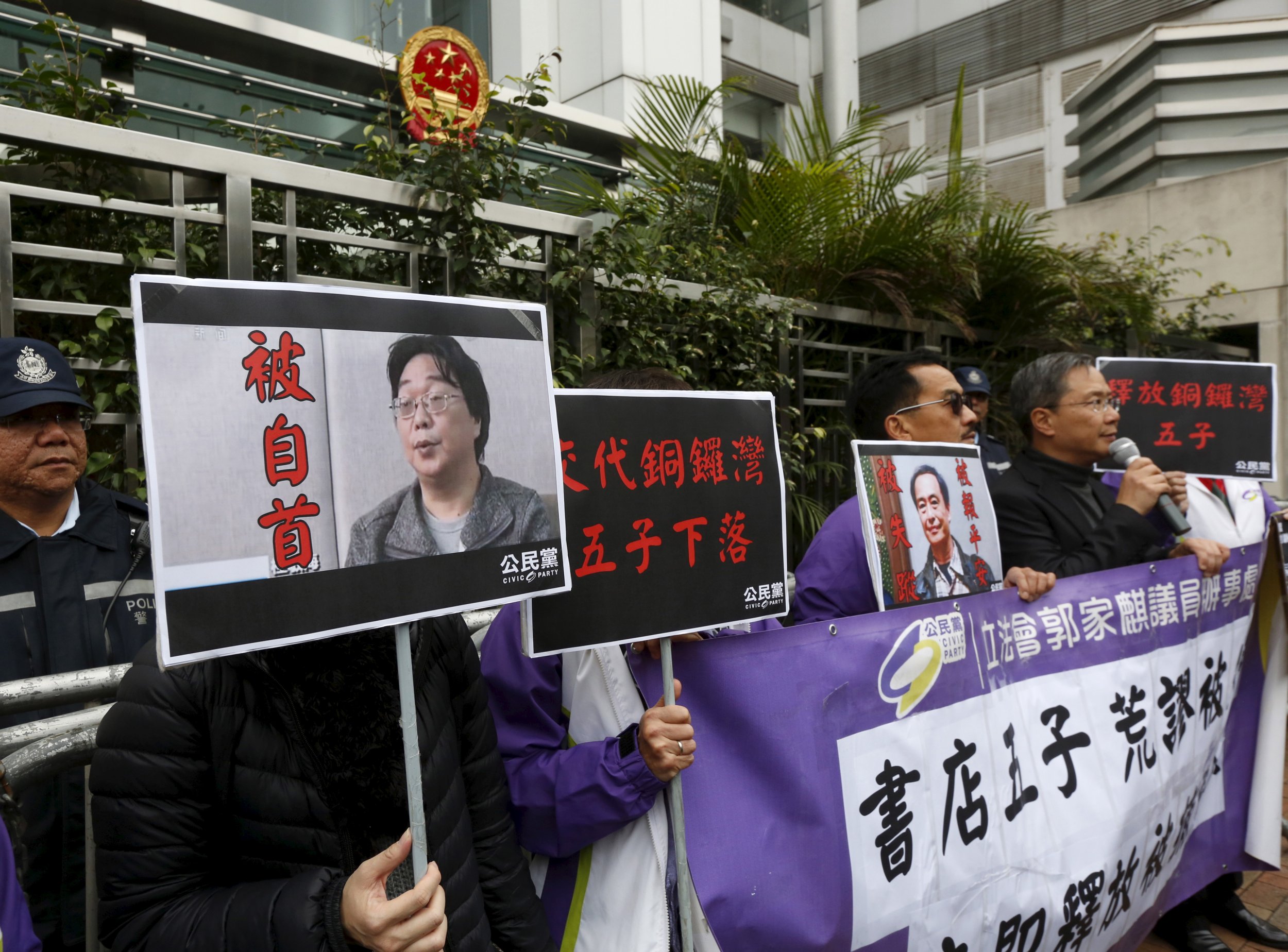
This article first appeared on the Council on Foreign Relations site.
Gui Minhai, by most accounts, appeared quite happy with his life in Pattaya, a seedy seaside report east of Bangkok.
The writer and editor, born in China and holding a Swedish passport, had been living in a condo in Pattaya and working on books for Mighty Current, a Hong Kong-based publishing house he founded that specialized in steamy (and possibly untrue) tell-alls about the private lives and political in-fighting of leaders of China's Communist Party.
He swam daily, and apparently wrote at a desk overlooking the blue-green Gulf of Thailand.
Then, last November, Gui suddenly vanished from Pattaya, though he had not made any obvious plans to leave Thailand. Closed-circuit television recordings from his condo complex show that a series of men, who did not speak much Thai, apparently visited him in October and November.
Gui surfaced in China in January, and claimed, in a videotaped confession, that he had traveled to China of his own accord, to resolve a drunk driving case more than a decade old.
His confession seemed, to many veteran China observers, to be staged and possibly coerced; Gui used language similar to that of other journalists and rights activists who have given public confessions in China.
The possibility that China's government is targeting critics outside its borders is not completely new. As Fred Hiatt notes in The Washington Post, the Chinese authorities in 2002 "lured a democracy activist living in North American exile, Wang Bingzhang, to a meeting with other human rights campaigners in Vietnam" before abducting him back to China, where they have kept him in jail for the past 14 years.
But over the past two years, the number of critics of Beijing targeted outside China's borders appears to have grown exponentially, and China's ability to reach those critics—by persuading countries to deport them or just abducting them—also has increased.
Besides Gui Minhai, Li Xin, a Chinese journalist, suddenly vanished in January. He had been seeking refugee status, fleeing China after revealing last November that he had been forced to work as an informant to the Chinese security services. He had been traveling through Thailand to Laos, where he apparently was planning to seek protected status.
Li was last heard from just before reaching the border with Laos.
Joshua Kurlantzick is Senior Fellow for Southeast Asia at the Council on Foreign Relations.
Uncommon Knowledge
Newsweek is committed to challenging conventional wisdom and finding connections in the search for common ground.
Newsweek is committed to challenging conventional wisdom and finding connections in the search for common ground.
About the writer
To read how Newsweek uses AI as a newsroom tool, Click here.






